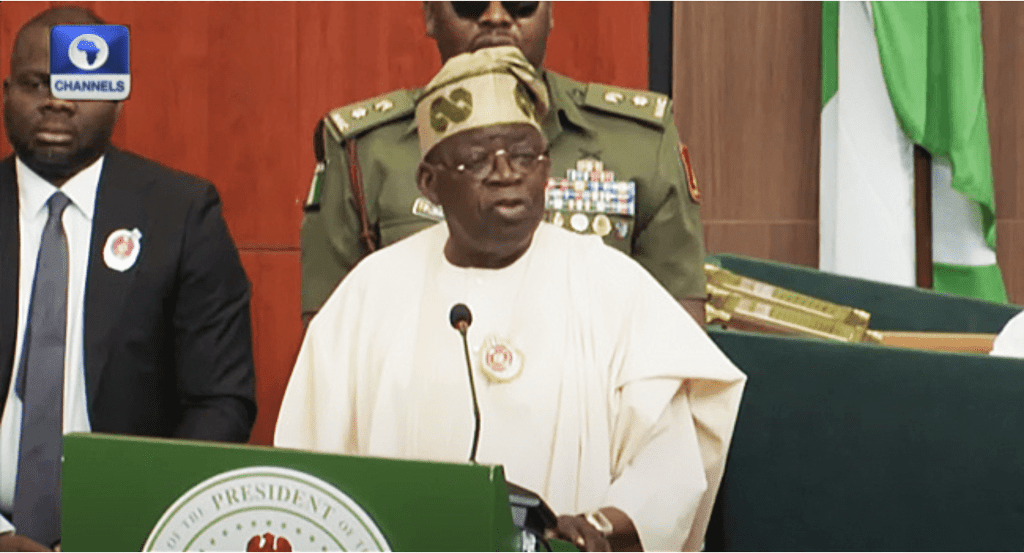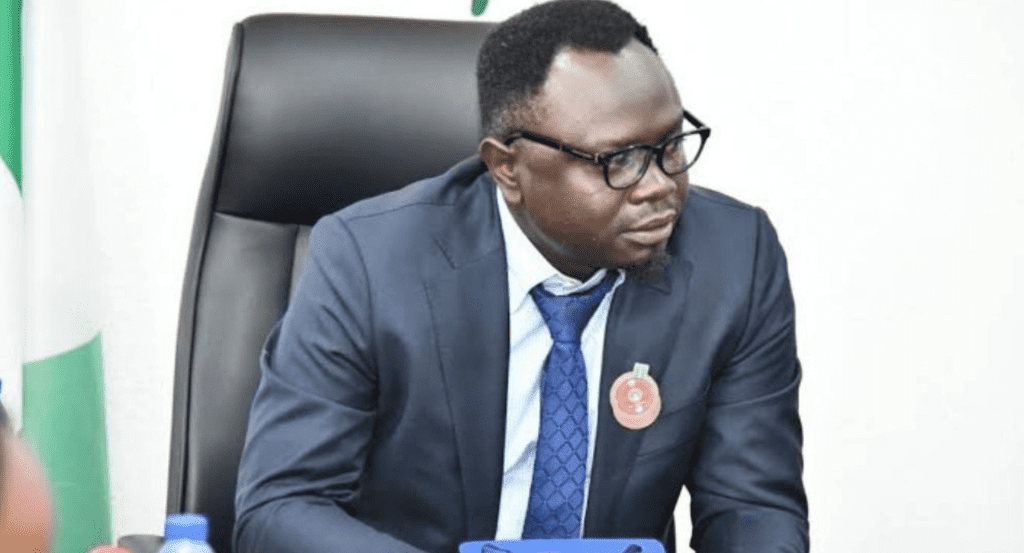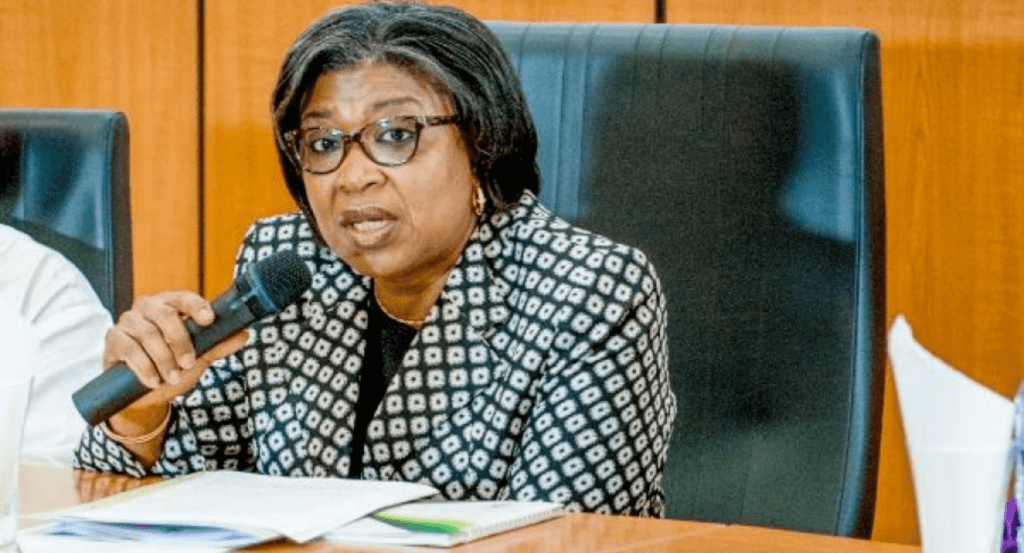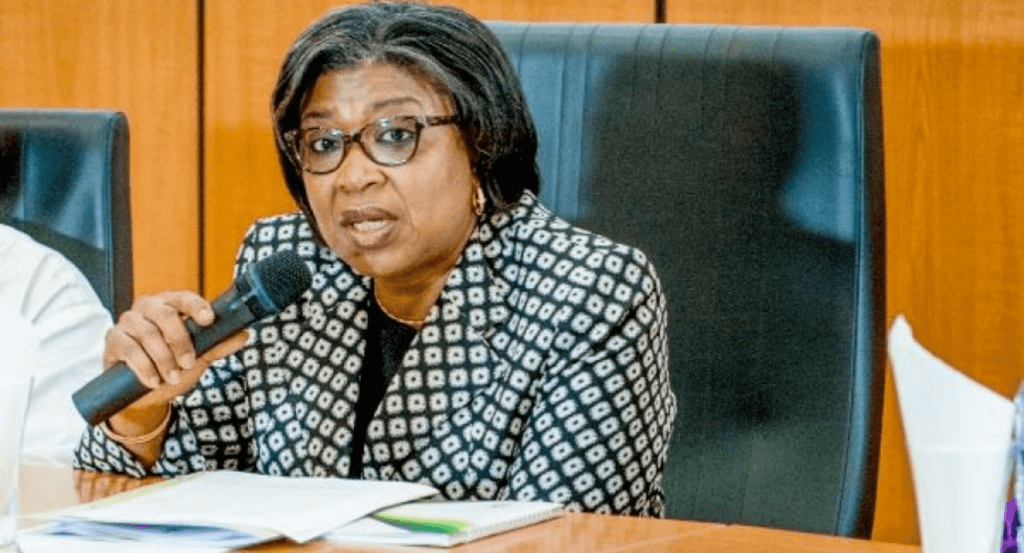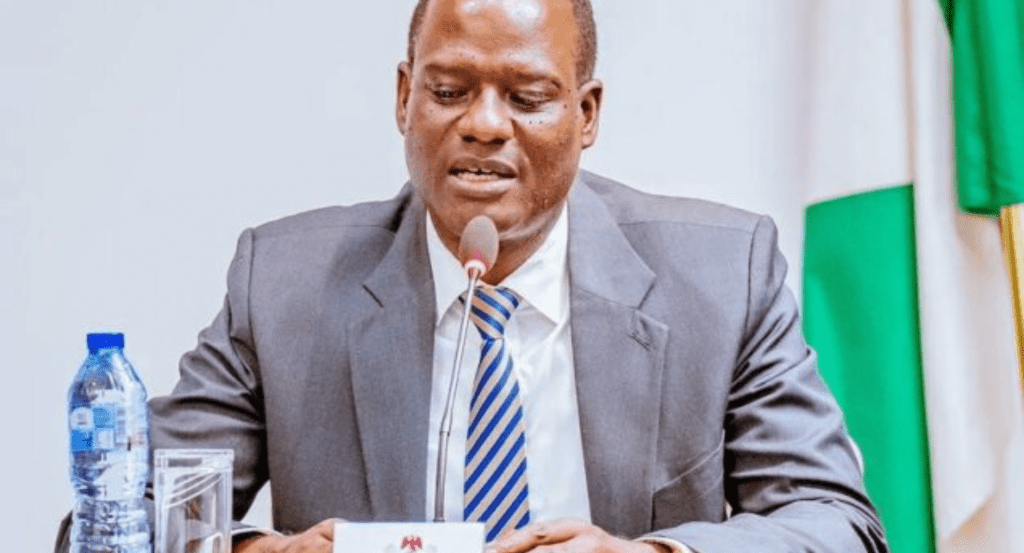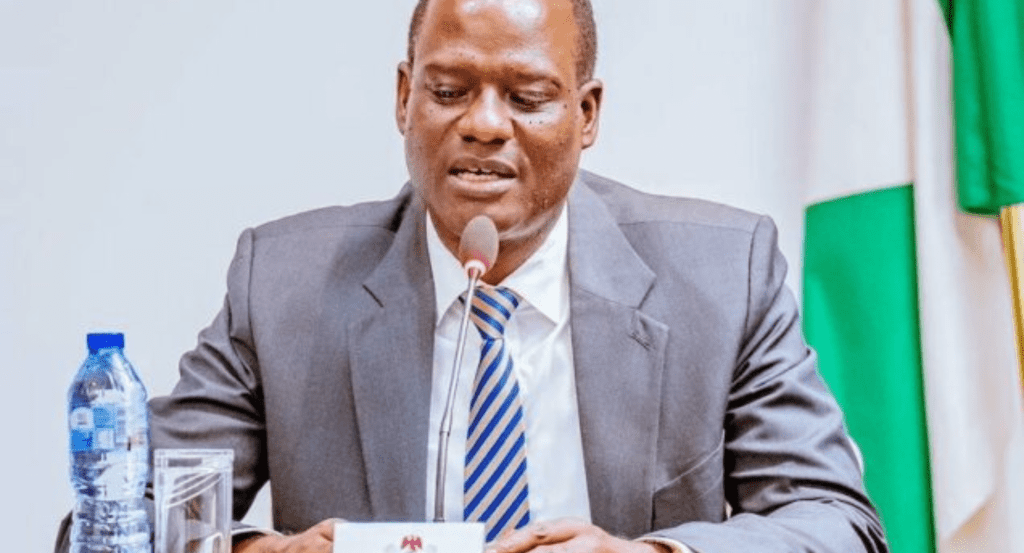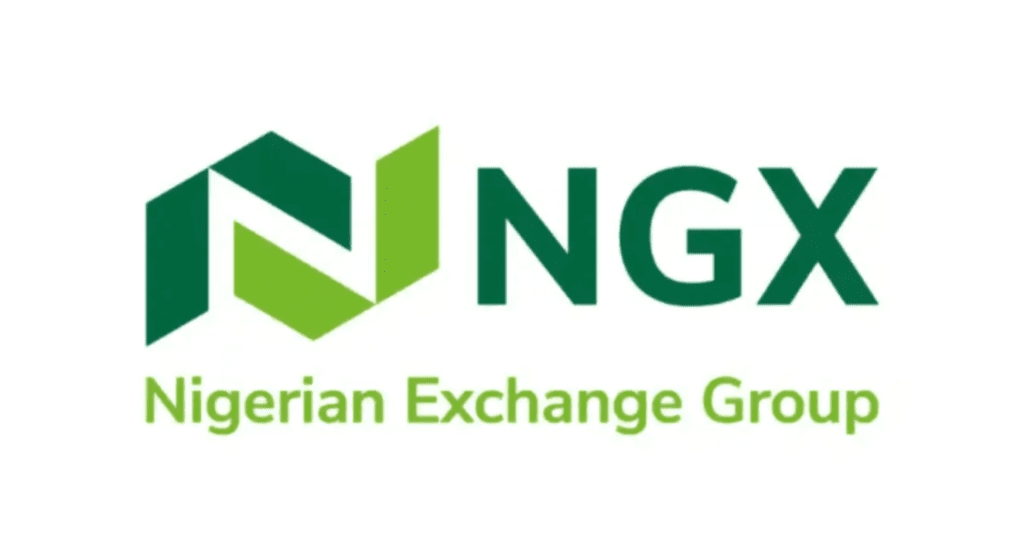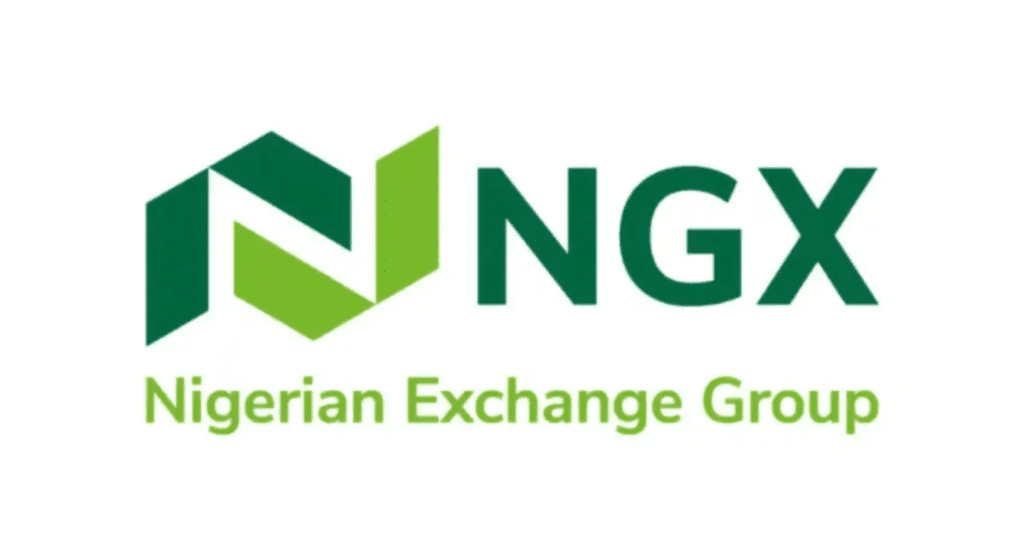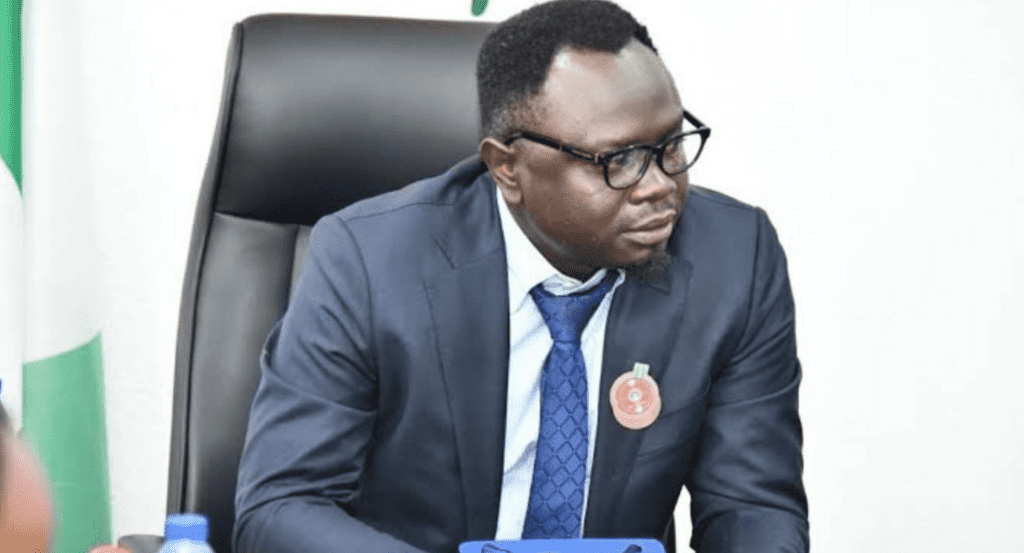President Bola Ahmed Tinubu has presented the 2025 budget proposal of ₦47.96 trillion to the National Assembly, emphasizing his administration’s commitment to addressing fiscal challenges and ensuring sustainable development.
The Federal Executive Council (FEC) finalized the proposal during its last meeting of 2024, chaired by Tinubu. The budget represents an increase from the 2024 figure, focusing on economic growth, infrastructure, and social development. Notably, the budget has a projected deficit of ₦13 trillion, to be financed through domestic and external borrowing, as announced by the Minister of Finance, Wale Edun.
Tinubu highlighted that the 2025 budget aligns with his “Renewed Hope” agenda, targeting key sectors such as transportation, education, and healthcare. According to the finance minister, the borrowing will prioritize developmental projects that stimulate economic growth and enhance productivity.
Ahead of the presentation, security was heightened at the National Assembly complex, with armed personnel stationed to ensure smooth proceedings. This comes amidst growing public concern about Nigeria’s debt profile, which has been a subject of extensive debate.
FEC members revealed that final adjustments were made to the budget to accommodate key programs addressing security, unemployment, and inflation. Tinubu reassured lawmakers and citizens of his administration’s transparency and fiscal responsibility, urging Nigerians to see the budget as a tool for national progress rather than a mere financial document.
The National Assembly leadership expressed optimism about the budget’s provisions, promising to expedite its consideration and ensure that it meets the aspirations of the people. “We will conduct thorough deliberations, keeping the interest of Nigerians at heart,” Senate President Godswill Akpabio stated during the session.
This budget marks Tinubu’s second major financial policy since assuming office in May 2023. Observers have noted the government’s focus on striking a balance between addressing immediate needs and laying the groundwork for long-term stability.
As Nigeria navigates complex economic realities, the 2025 budget is expected to play a critical role in defining the administration’s priorities and the country’s future trajectory.


